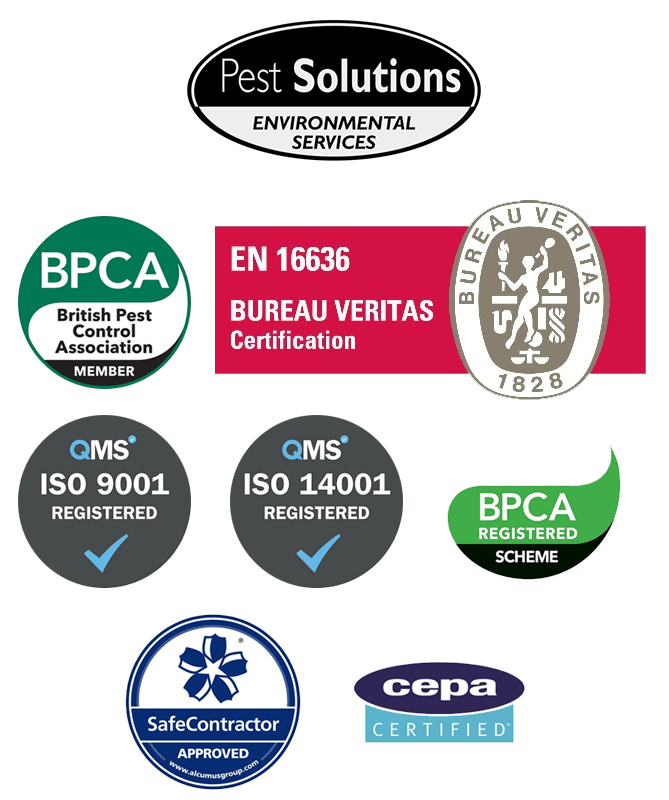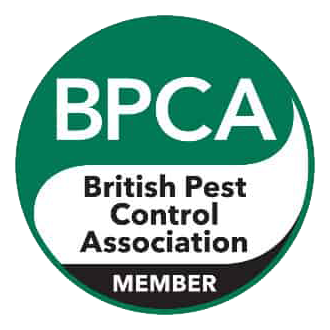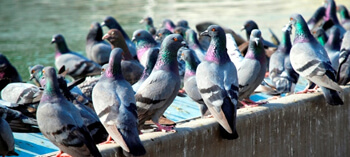Last year, the population of wasps within Britain had skyrocketed. There is no reason to assume that this was a one-off event. Unlike other pests which, while still causing problems, keep themselves to themselves, wasps will sting people which can result in a critical allergic reaction.
Having said that, the number of factors involved makes it impossible to predict precisely how populations are going to change.
Edinburgh Pest Control Co. is ready to respond to any pest problems within your home, including wasps. Give us a call today on 0131 322 1291.
Why Were There So Many Wasps in 2018?
At Edinburgh Pest Control Co., we found that the number of wasp-related calls we had to respond to in the Summer had increased significantly. By all accounts, the wasp population in Britain had risen dramatically in comparison to 2017. This primarily comes down to the fact that temperatures were very high.
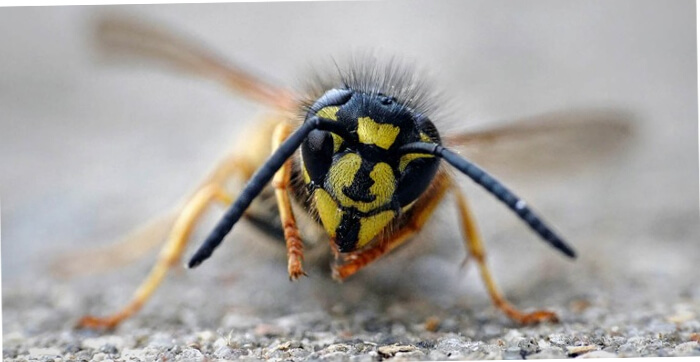
Insect lifecycles are linked to temperature. As it gets warmer, their metabolism will become more active, and the nests will begin to develop as spring begins. They tend to build and expand until August when theoretically they will have a large nest that might stand a chance of surviving winter.
Temperatures got very high incredibly early in 2018. As a result, wasps reached their peak size around two months earlier in June. Instead of having to face peak populations in late summer, it persisted almost all of the way through it.
Was the Problem Overstated?
Despite everything said so far, there is a distinct possibility that the reports of increased populations have been overstated. Although populations have undoubtedly risen, there are other reasons as to why they appear to be such a problem.
Due to the weather in the UK, we tend not to spend a lot of time outside. However, 2018 was particularly warm and fairly dry, meaning that people were spending a lot more time in their gardens where they were much more likely to notice and be affected by wasp activity.
We won’t know precise figures in regards to the weather’s effects on was populations, but the number of increased calls we received may be explained by the fact people were outside more. Populations were certainly higher, but the problem might not be quite as critical.
How Does Climate Change Affect Pest Control?
Our climate is changing, and weather is much less consistent than it has been historically. In the past, weather followed a pattern that was relatively strict. Although there were years that were warmer and colder, it followed a predictable path.
As it stands at the moment, however, pest activity is becoming increasingly unpredictable as temperatures fluctuate. We are witnessing such wildly varied patterns that pest activity is equally tumultuous.
As an example, cold weather generally causes rodents to seek shelter in our properties. The question remains, then, will rodent problems start to diminish as temperatures rise?
Similarly, will wasp populations get more and more numerous as temperatures increase?
We don’t know exactly how things are going to go in terms of pest control, but we can promise to be available for any issues that you might face domestically or commercially.
Wasp Nest Removal Edinburgh
If wasp activity is causing disruption in your home or commercial property, then it needs to be addressed quickly. Typically, we will get to your property on the same day and remove the nest from your property safely and speedily.
Nests are often found under eaves, attached to buildings, or perhaps in a bush. No matter where the nest is, we will gather it and remove it.
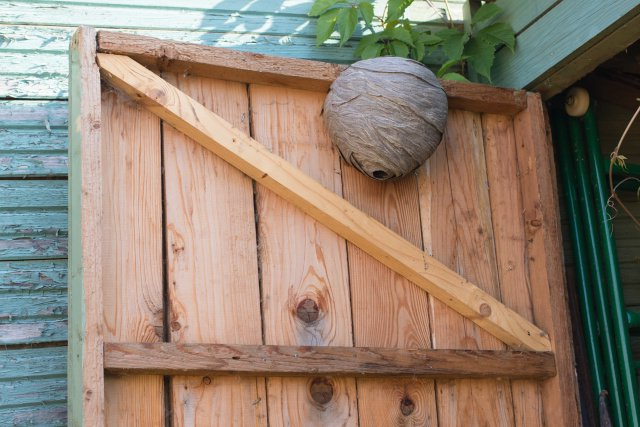
Keep in mind that wasps will still remain around the area that the nest was for a couple of days after the nest has been removed, but don’t be alarmed. Eventually, they will die off or move on, and your home will be entirely wasp free!
We take great pride in the team of technicians that we have built, and all of them have the experience and in-depth training to perform their pest control duties to the very highest standard.
In order to schedule in some work or make an enquiry with one of our operators, get in touch with us today on 0131 322 1291.
Alternatively, complete our contact form, and one of our sales representatives will be in touch as soon as possible.


